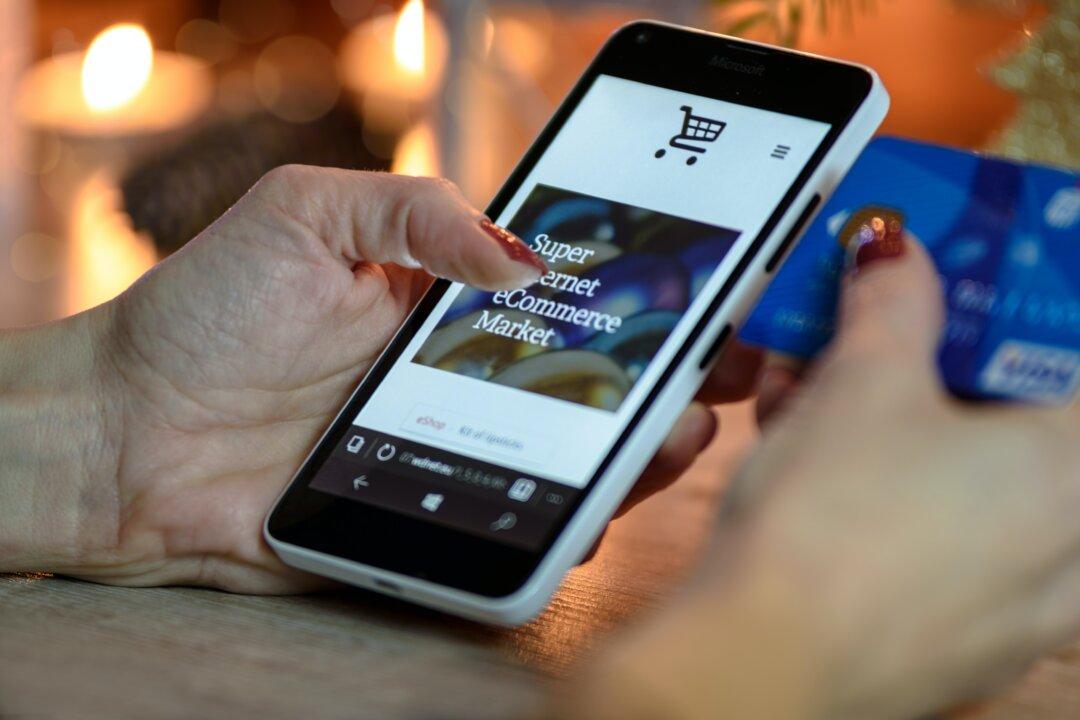You may have that woodworking hobby and sell some pieces occasionally on Etsy, or you may sell old jewelry on eBay. It may not be a hobby but a service you provide that you receive payment through PayPal or Venmo.
The Internal Revenue Service (IRS) is going after the small sellers or service providers who are paid through third-party apps. The threshold for needing a Form 1099 is lowered for tax year 2023. What is it, and how will it affect most people?






